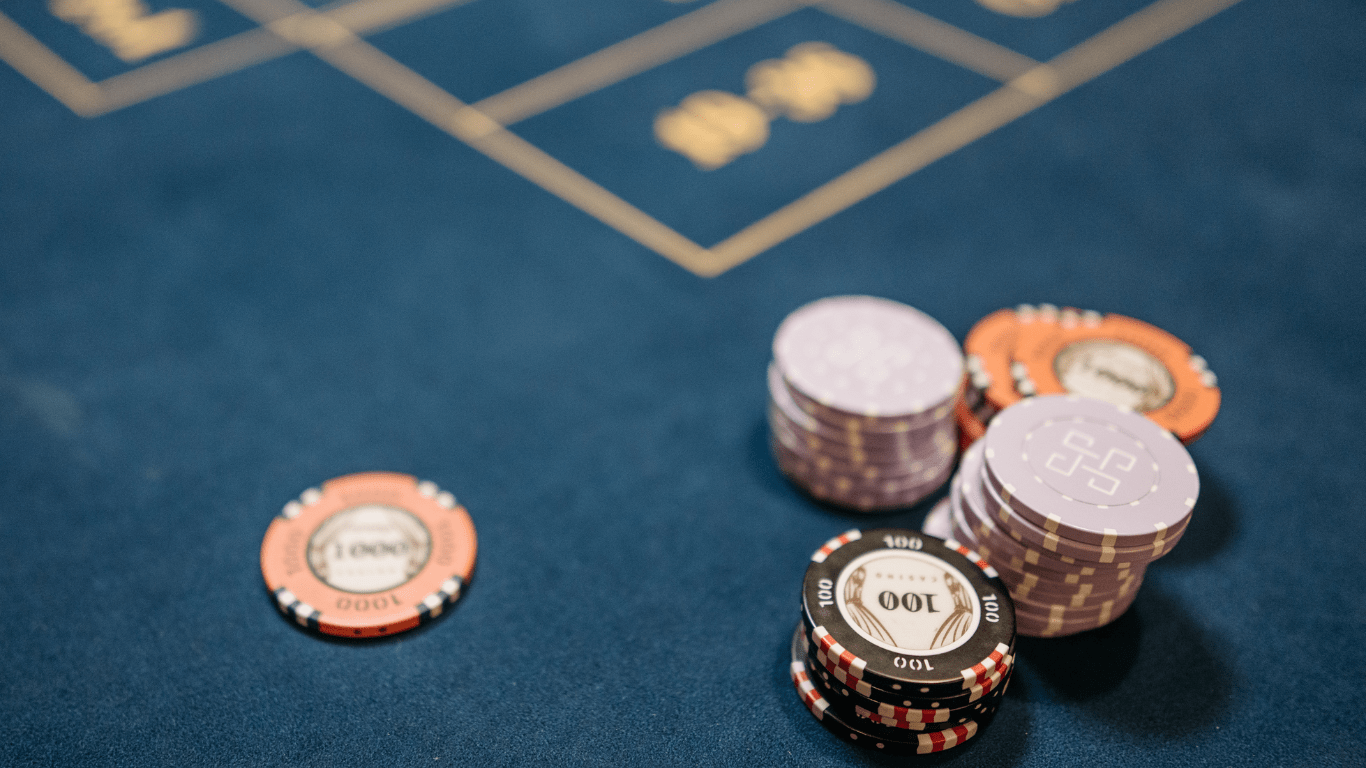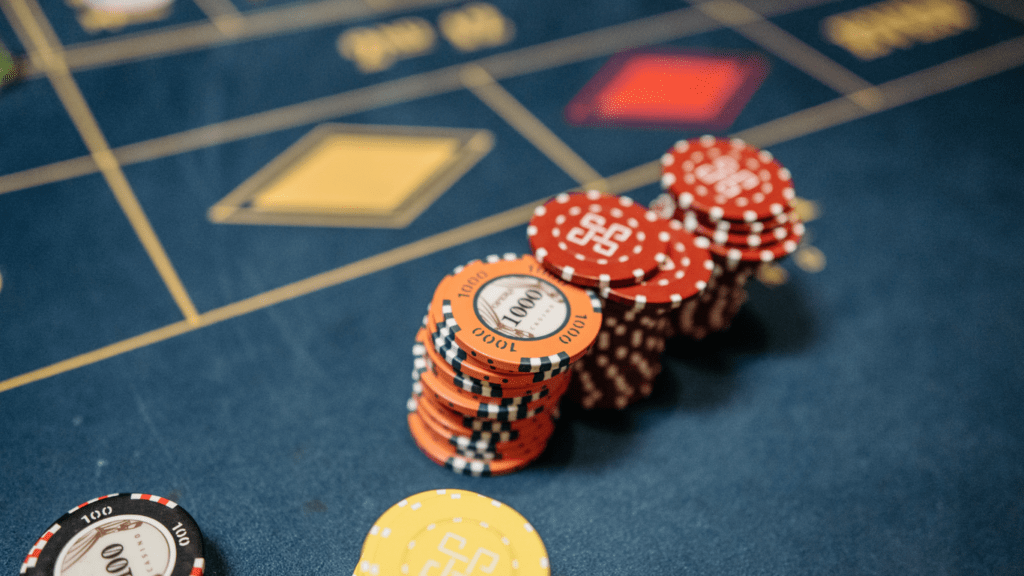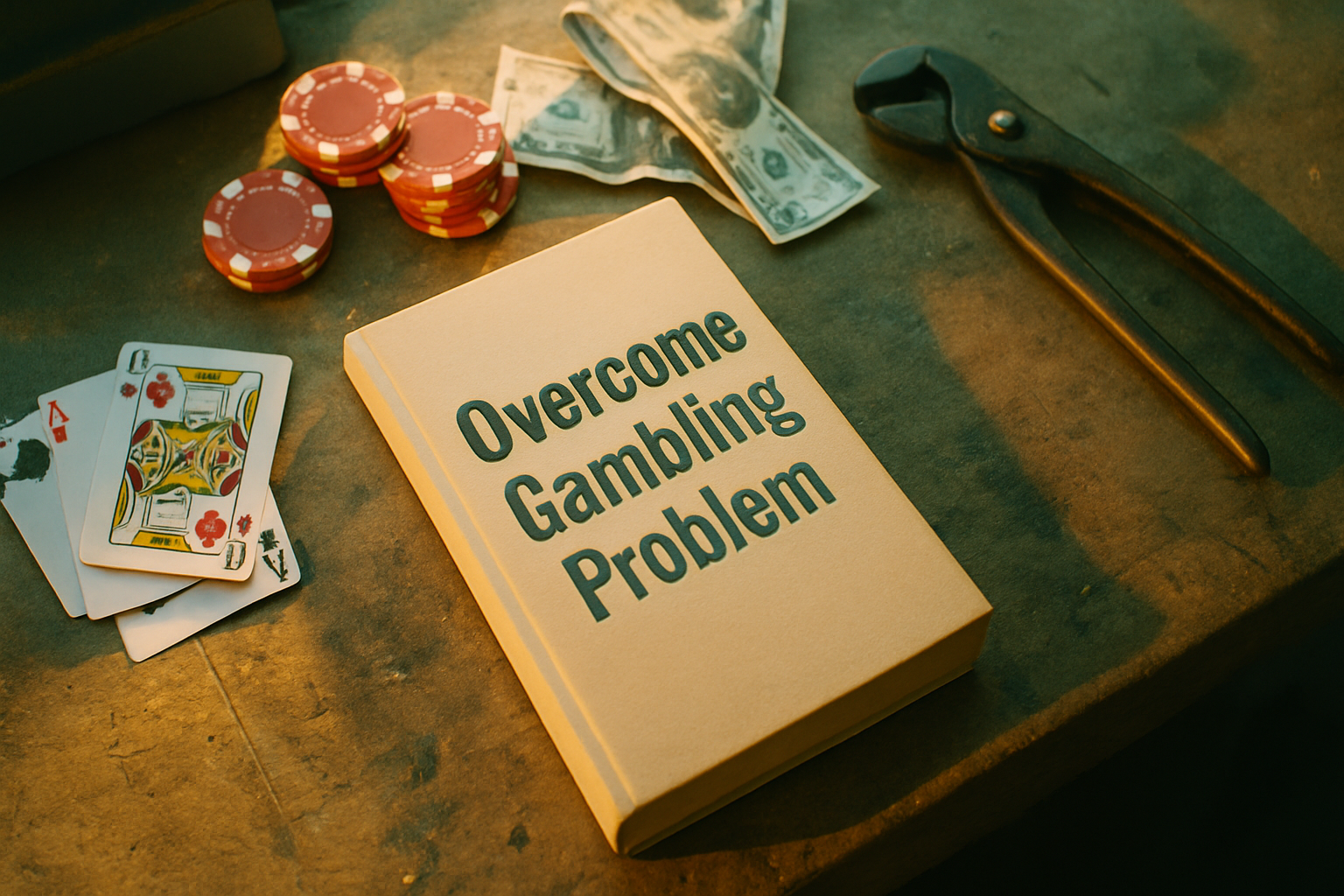Have you ever wondered how certain gambling myths can influence our behavior and lead to potential problems? In the world of gambling, misconceptions and false beliefs can have a significant impact on individuals’ attitudes and actions. As someone who has delved into the realm of gambling psychology, I’ve seen firsthand how these myths can shape decisions and behaviors.
In this article, I’ll explore some of the most common gambling myths that can potentially contribute to problematic gambling behaviors. By shedding light on these misconceptions, I aim to provide insights that can help readers make more informed choices when engaging in gambling activities.
Let’s unravel the truths behind these myths and empower ourselves with knowledge to navigate the world of gambling more responsibly.
Common Misconceptions About Gambling
Gambling myths are prevalent in society and can have a significant impact on individuals’ behaviors. As someone well-versed in gambling psychology, I understand the dangers these misconceptions pose.
Let’s debunk some common myths surrounding gambling to shed light on the truth behind them.
- Winning Streaks Are Guaranteed: People often believe that once they start winning, the streak will continue. In reality, each gambling event is independent, and past wins do not guarantee future success.
- The “Hot Hand” Fallacy: Some gamblers think that a winning streak means they are on a roll and will keep winning. However, every outcome in gambling is random, and one’s luck can change at any moment.
- Chasing Losses Will Lead to Wins: Many individuals fall into the trap of trying to recover their losses by placing more bets. This behavior can spiral out of control and lead to further financial difficulties.
- Superstitions Bring Luck: Believing in lucky charms or rituals improving chances of winning is a common misconception. Luck in gambling is purely random and unaffected by external factors.
- The Casino Controls Wins and Losses: Contrary to popular belief, casinos do not manipulate games to ensure players lose. Most games operate on statistical probabilities, with results determined by chance rather than external interference.
By dispelling these myths about gambling, individuals can make more informed decisions when engaging in these activities. It’s essential to approach gambling with a clear understanding of the facts to prevent problematic behaviors and promote responsible gambling practices.
Impact of Gambling Myths on Behavior
Gambling myths play a significant role in shaping individuals’ behavior and can lead to problematic outcomes. As someone deeply involved in gambling psychology, I understand how misconceptions can influence decision-making in this context.
Influence on Decision Making
Misconceptions surrounding gambling can heavily influence individuals’ decision-making processes. For example, the belief in guaranteed winning streaks may prompt people to continue gambling beyond their limits in the hopes of continuous success.
By debunking such myths, individuals can make more rational choices and avoid falling into problematic gambling patterns.
Connection to Problematic Behavior
The link between gambling myths and problematic behavior is evident in various contexts. Believing in superstitions or the idea that chasing losses will eventually result in wins can lead to compulsive gambling habits.
Understanding the falsehoods behind these myths is crucial in preventing individuals from engaging in risky behavior that could harm themselves and others.
Debunking Gambling Myths
Exploring widely-held misconceptions about gambling is essential to promoting responsible behavior in gaming environments. Dispel. myths is crucial in preventing problematic gambling habits. Following are the common gambling myths:
- Winning streaks are guaranteed.
- The “hot hand” fallacy.
- Chasing losses leads to wins.
- Superstitions can influence luck.
- Casinos manipulate games for player losses.
It’s crucial to understand the realitites of gambling to avoid falling victim to these myths, promoting responsible gaming behavior.
Recognizing Problematic Gambling Behavior
In observing individuals engaging in gambling activities, it’s crucial to recognize signs of problematic behavior that may indicate an underlying issue. Identifying these red flags early on can help prevent further escalation of potential gambling-related problems.
Here are some key indicators to watch for:
- Increasing Preoccupation: If I notice that I’m constantly thinking about gambling, planning my next bet, or strategizing ways to continue playing, it could be a sign of developing problematic behavior.
- Chasing Losses: When I find myself trying to recover lost money by placing more bets or increasing the wager amount, it indicates a common behavior among individuals struggling with gambling issues.
- Neglecting Responsibilities: If I start neglecting my work, studies, or family obligations in favor of gambling activities, it may suggest a detrimental shift in priorities due to excessive gambling.
- Financial Strain: Experiencing financial difficulties, borrowing money, or resorting to desperate measures to fund gambling habits are clear indicators of potential gambling problems that require immediate attention.
- Mood Swings and Irritability: Fluctuations in mood, increased irritability, or becoming defensive when questioned about gambling behaviors can signal emotional distress linked to problematic gambling habits.
- Hiding or Lying About Gambling: Feeling the need to hide my gambling activities or lying to loved ones about the extent of my involvement suggests feelings of shame or guilt associated with potential gambling issues.
- Inability to Stop: If I struggle to walk away from gambling activities, even when aware of the negative consequences, it signifies a loss of control over my gambling behavior.
Recognizing these warning signs and acknowledging the presence of problematic gambling behaviors is the first step towards seeking help and addressing any underlying concerns effectively. If any of the mentioned indicators resonate with my current situation, reaching out to professional support or seeking assistance from relevant resources is crucial in managing and overcoming compulsive gambling tendencies.





